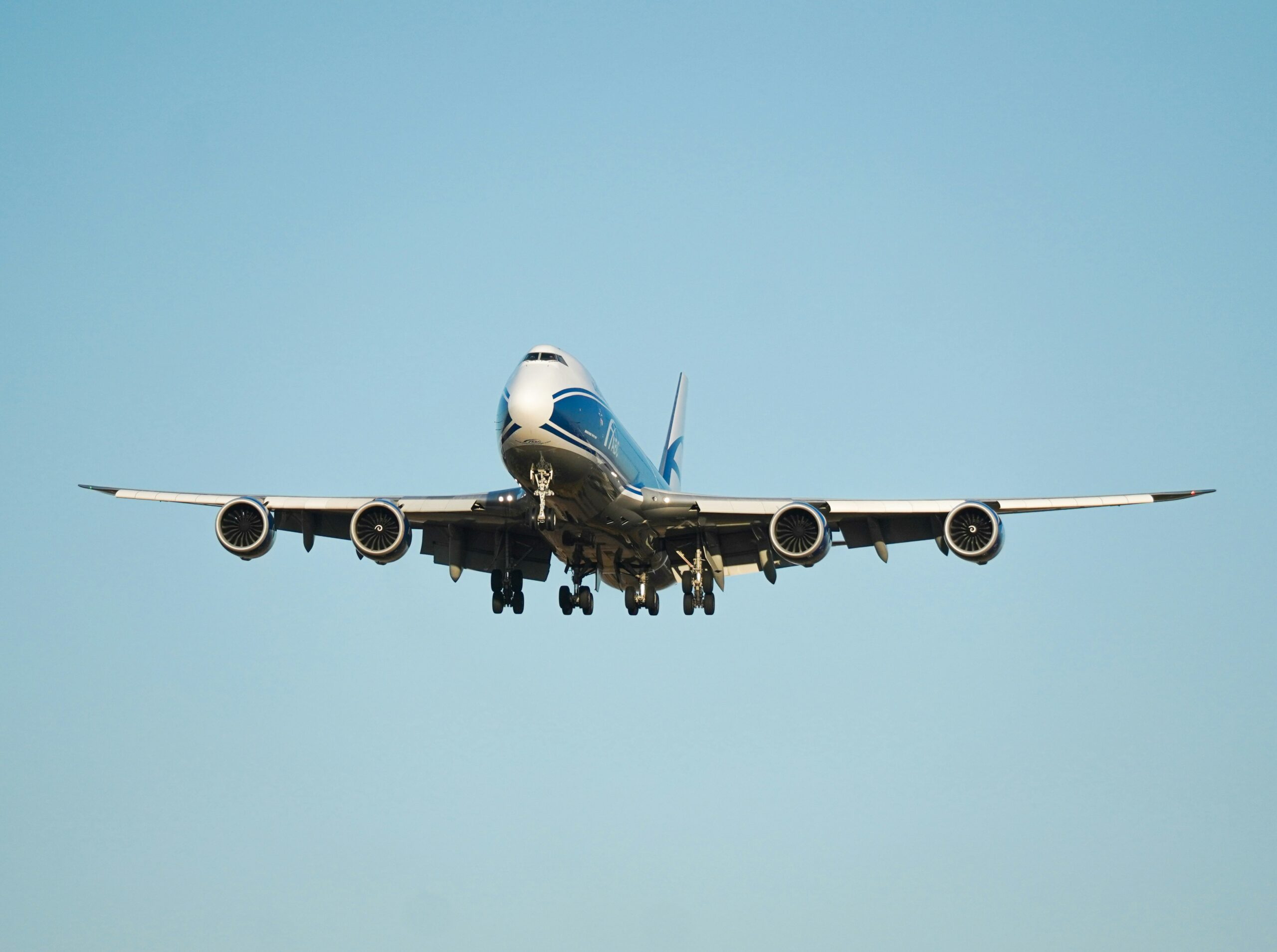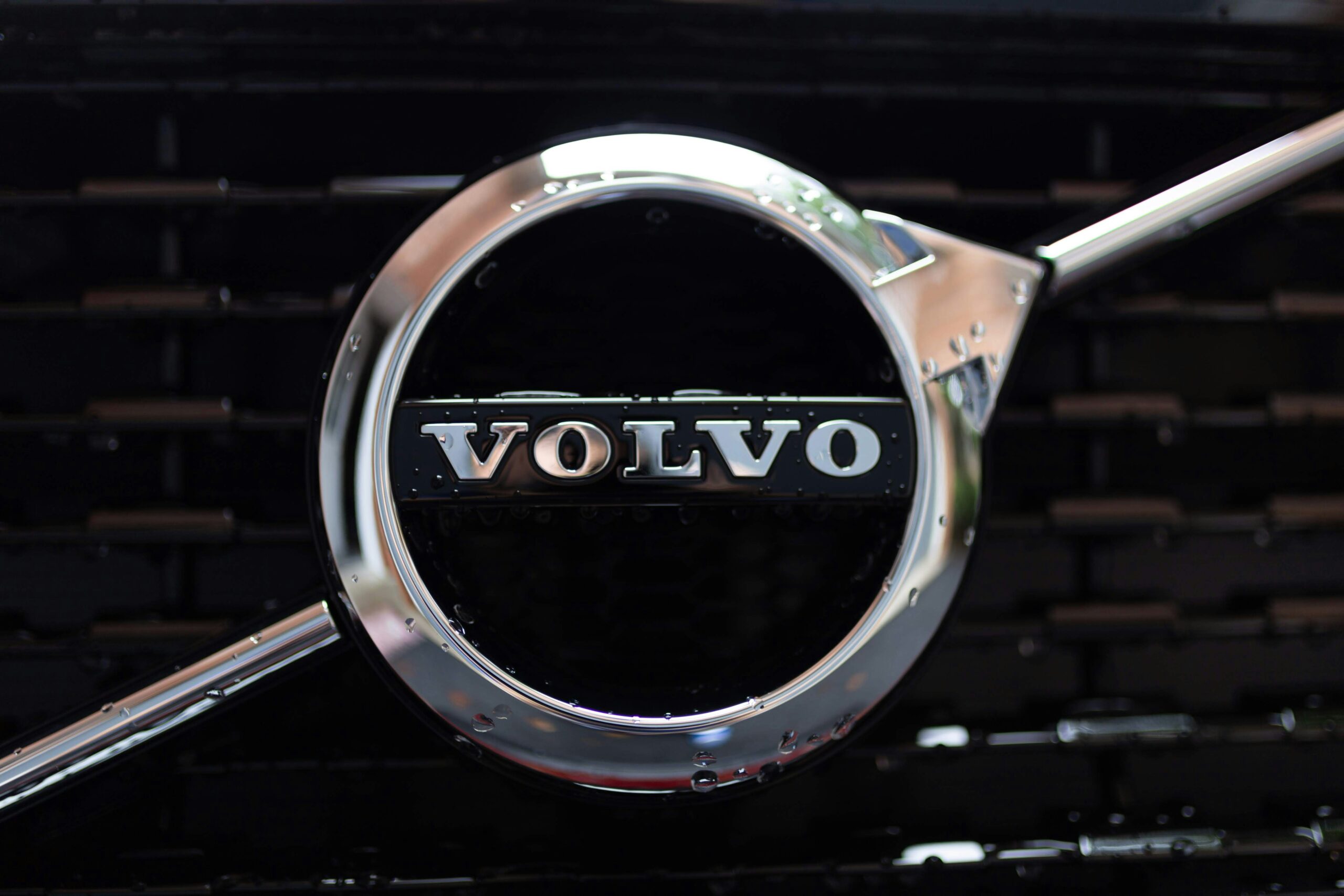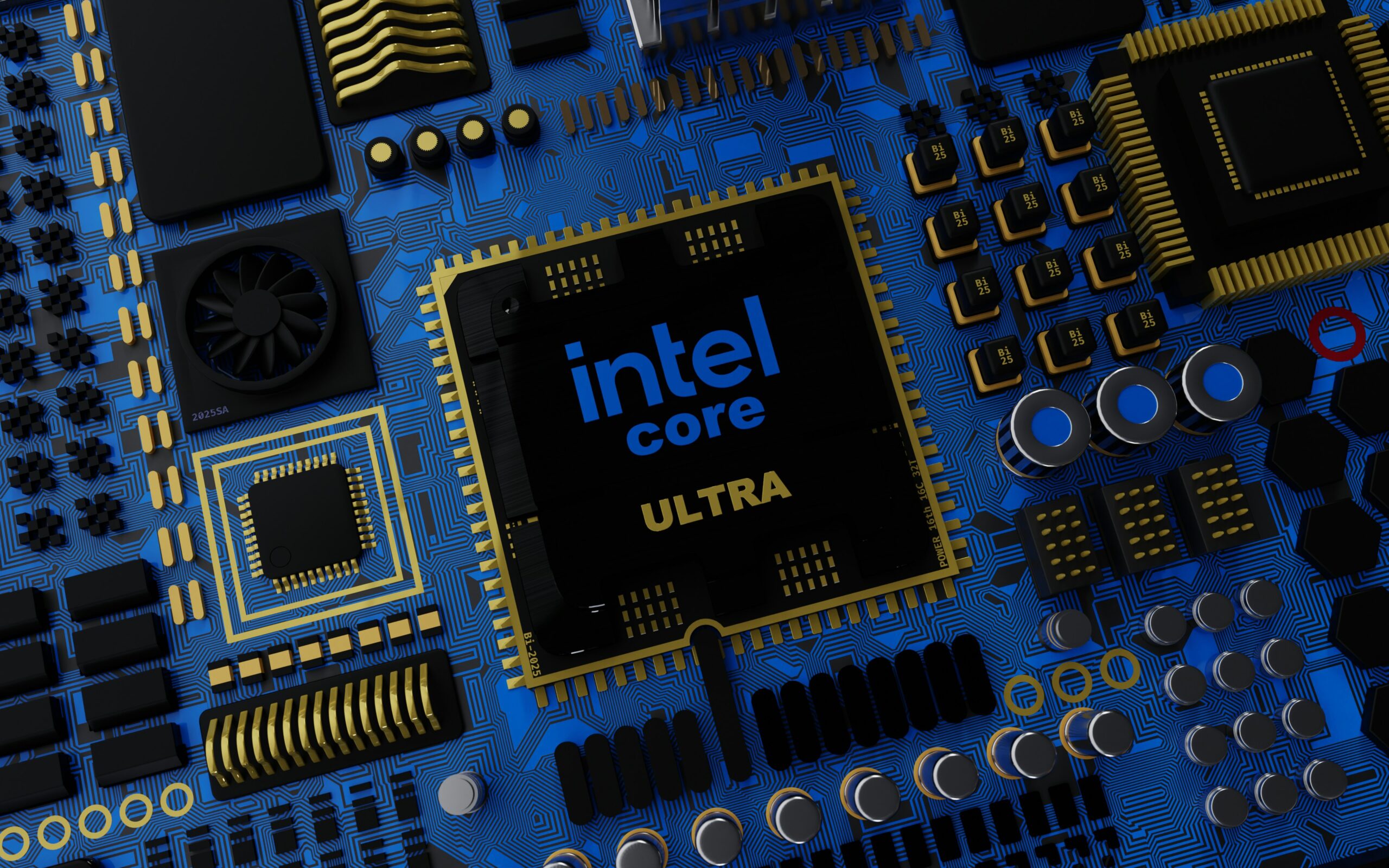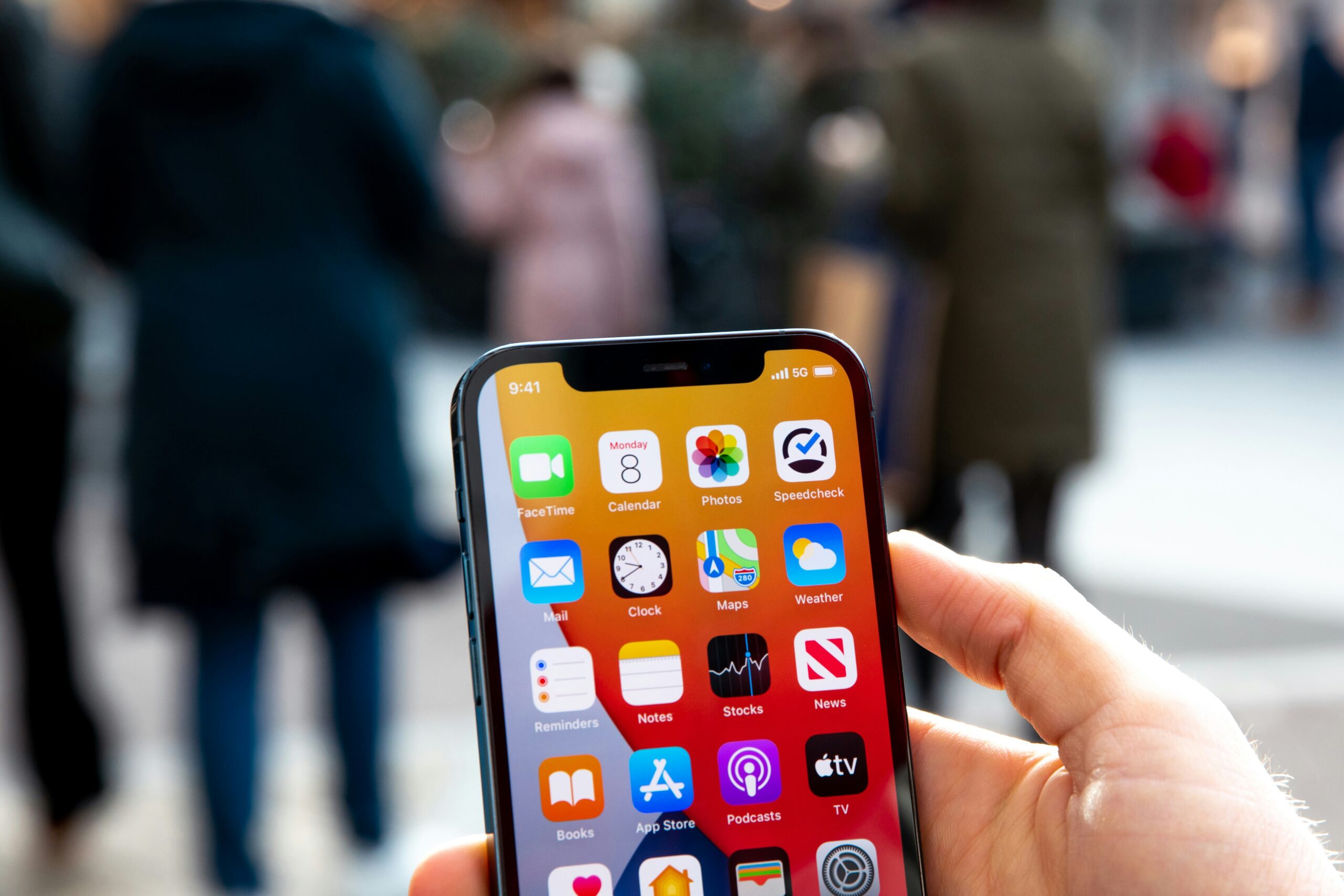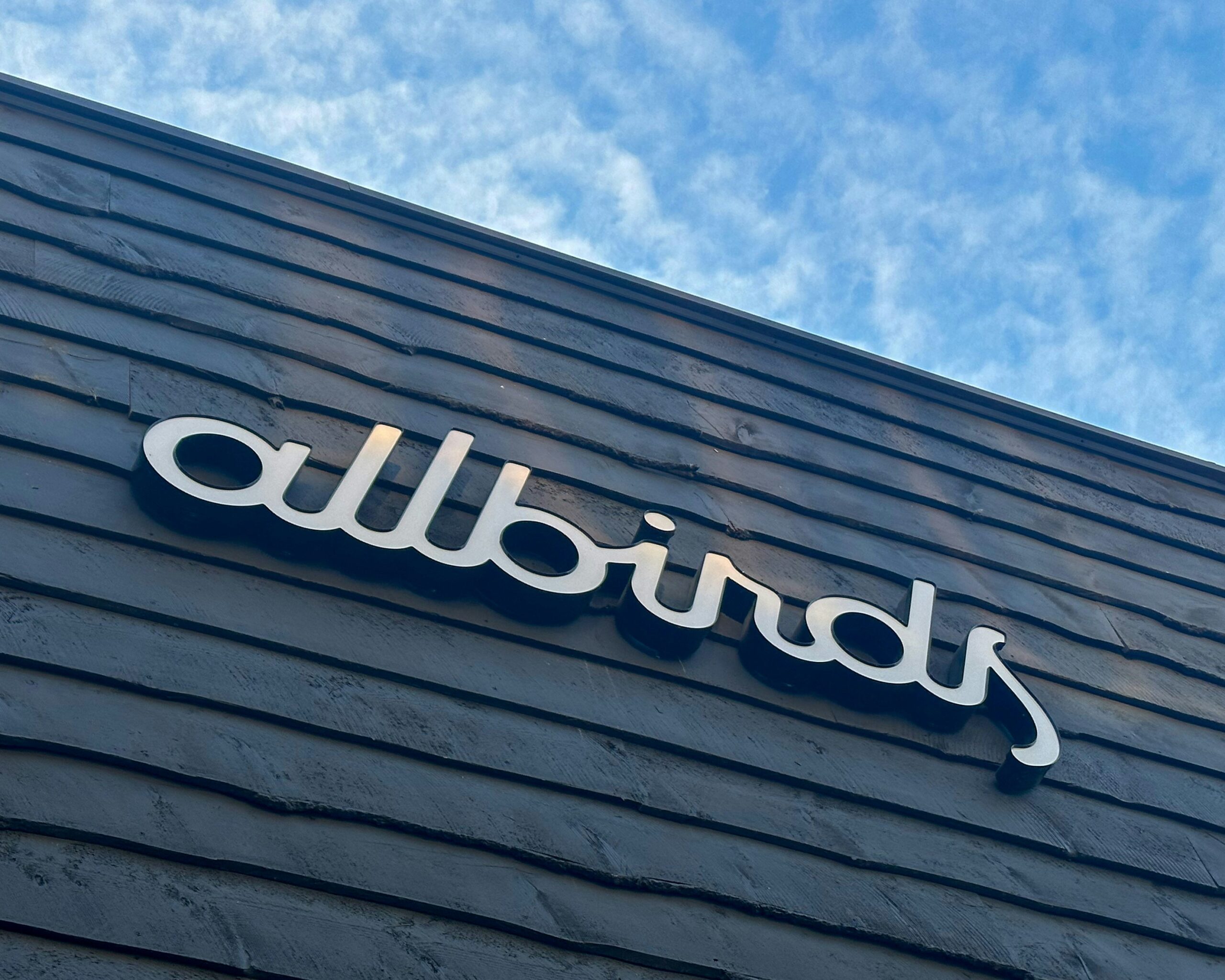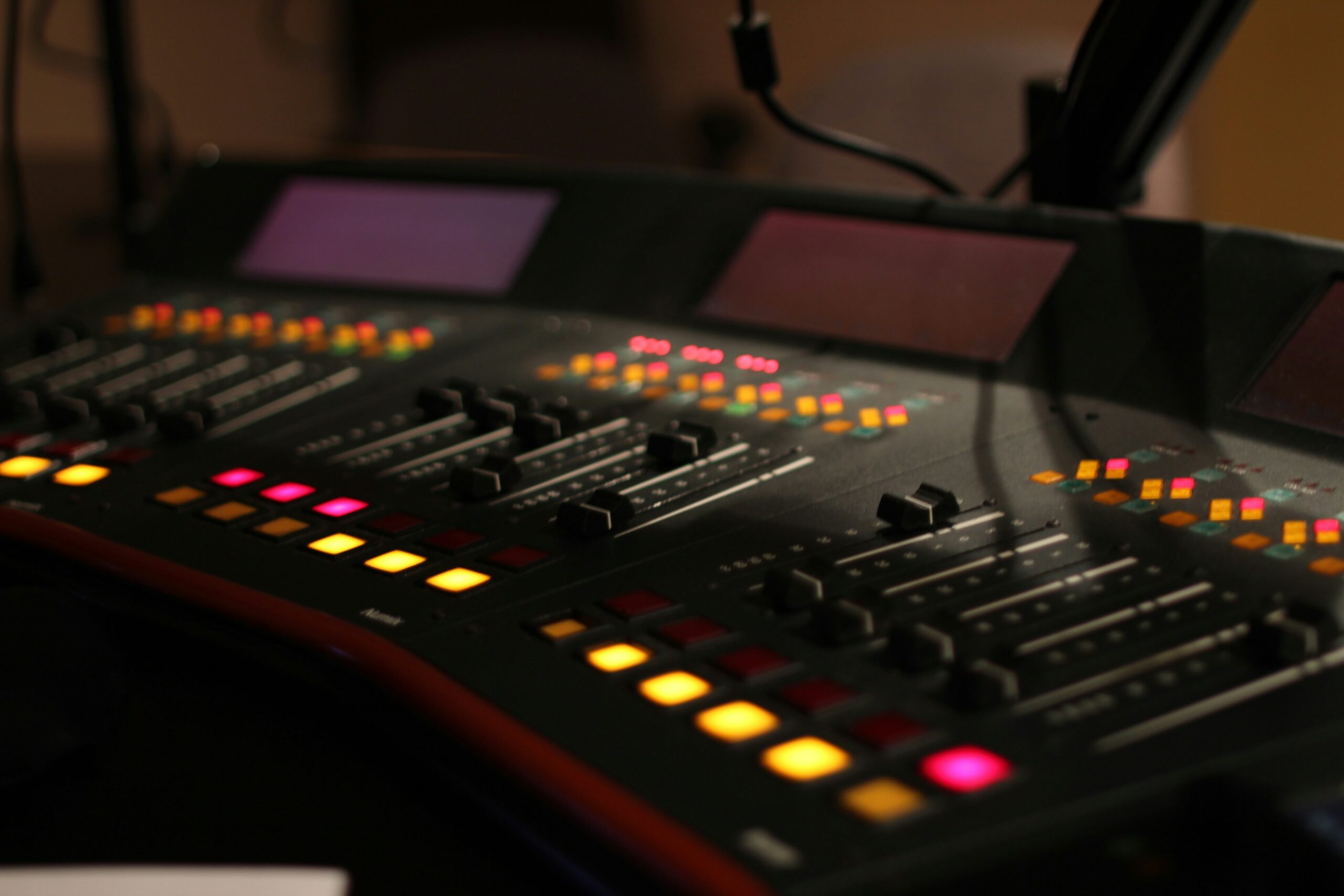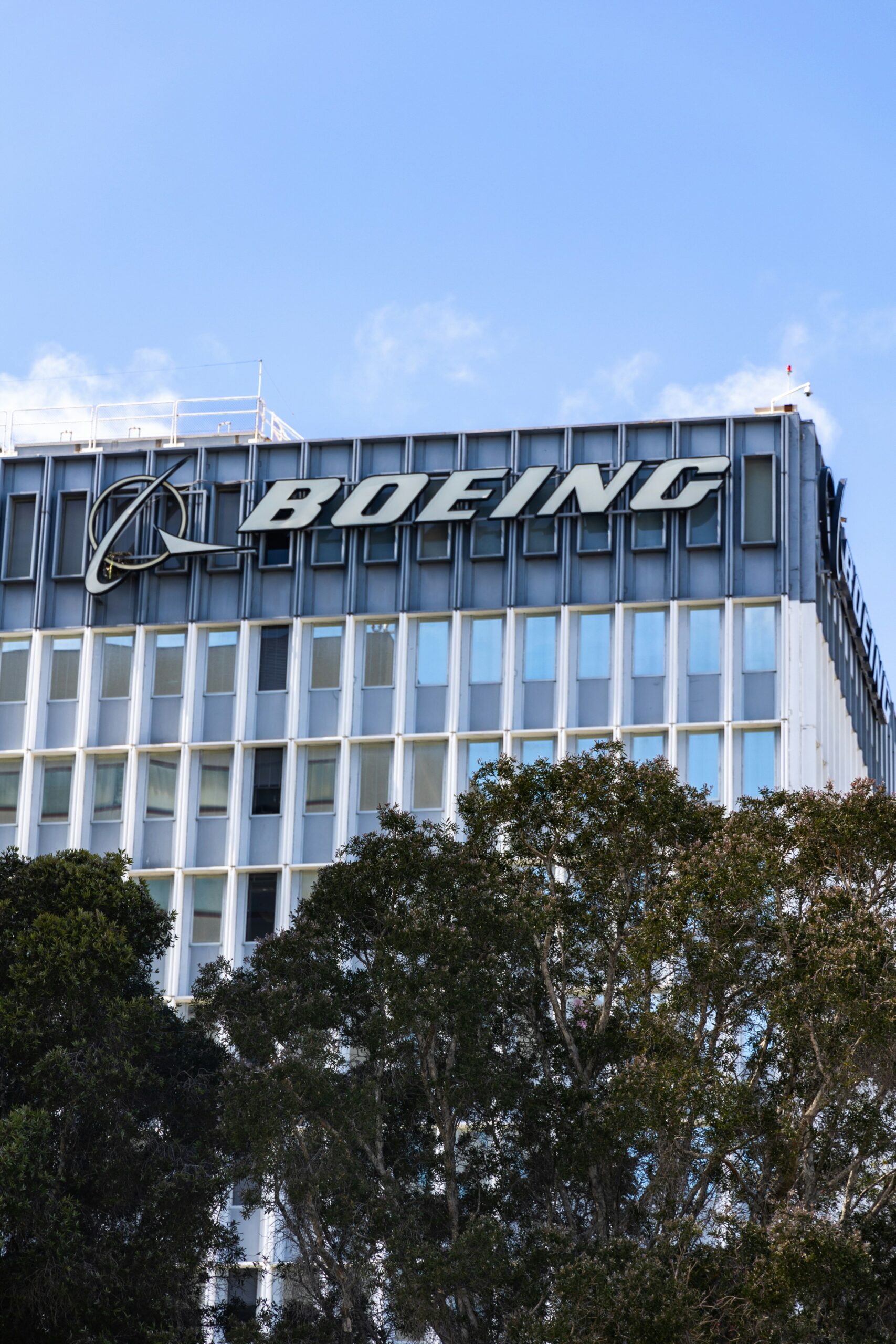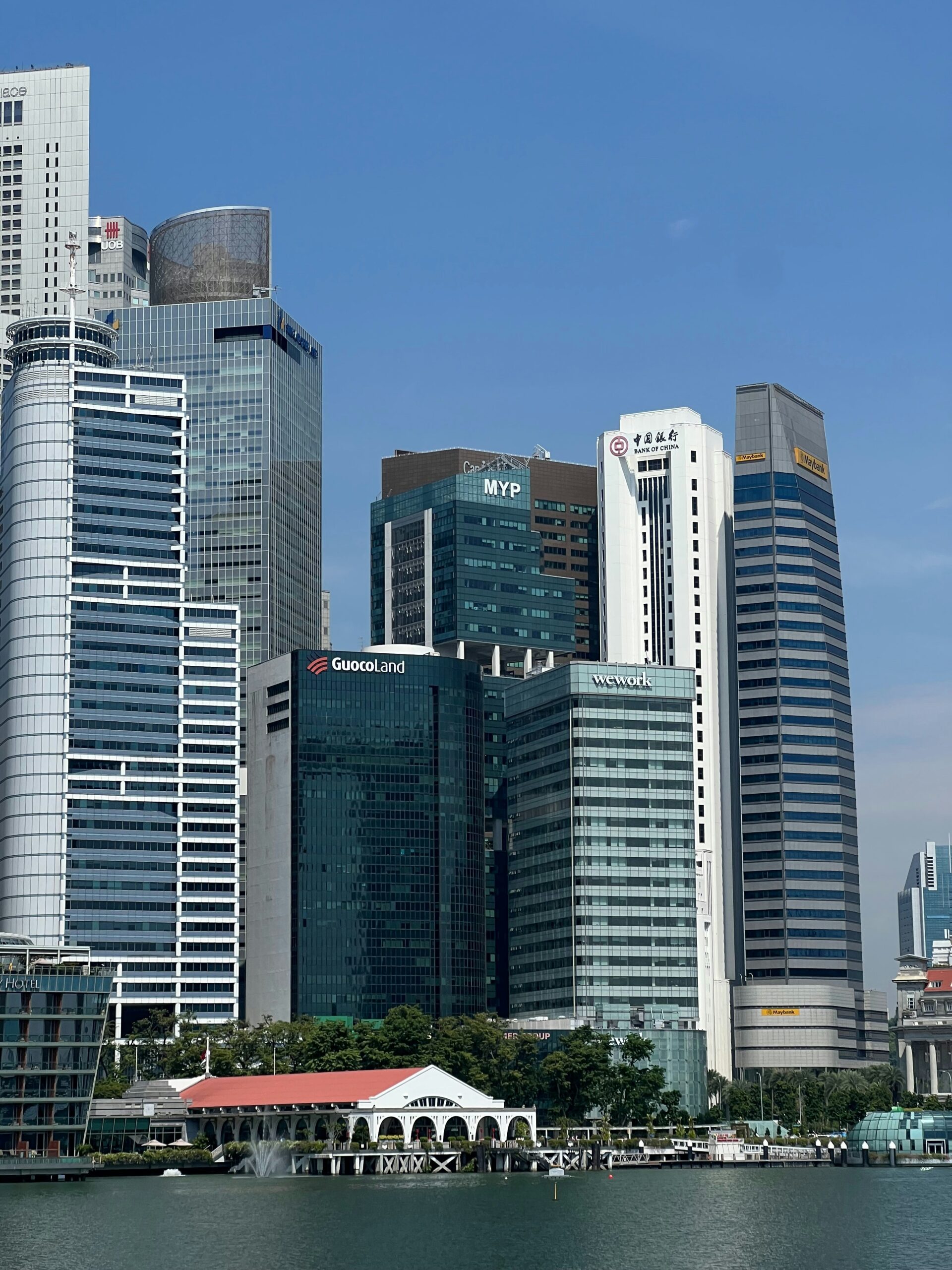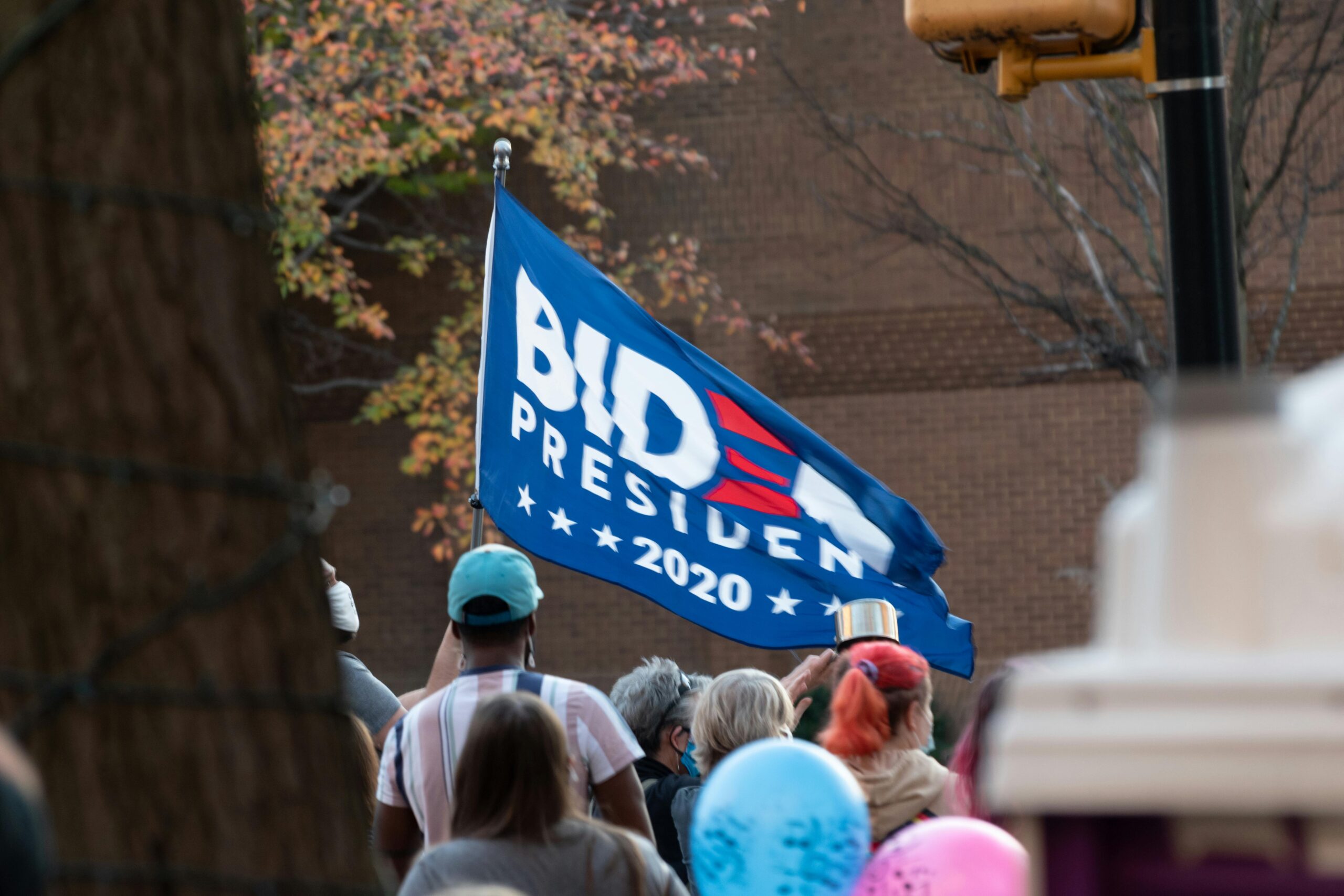Image credit: Unsplash
It has been a challenging year for American aerospace company Boeing, leaving its CEO, Kelly Ortberg, with the critical job of healing Boeing’s broken culture. Yet, while the company shifts to improving the plane maker’s employee relations and corporate culture, this improvement could be a years-long process.
According to the Seattle Times, Ortberg took a positive step last Thursday when the company announced that it would reimburse furloughed workers for lost pay during the labor strike that began on September 13 and lasted more than 50 days.
However, this pay is solely for Boeing workers who were asked not to come to work due to the strike; it is not for workers who were actively on strike, as striking workers received their form of backpay in the form of a $12,000 signing bonus for agreeing to their new four-year labor deal.
Boeing confirmed the report, referring to Barron’s furlough comments in September, shortly after employees went on strike. Yet, the company has declined to state how many employees were impacted or how much money this decision represents.
However, according to Wall Street estimates, this cost can be estimated using a reasonable starting point of what striking workers lost during the strike, which is roughly $11,000 in regular pay.
The company has approximately 170,000 employees worldwide, so estimating the number of furloughed workers is more challenging. About 130,000 employees are in the US, and about 33,000 went on strike. If 10% or 20% of the remainder are furloughed workers, then Boeing could reimburse roughly $165 million in wages.
This number is a ballpark figure but only secondary compared to what the payments represent.
Moving Forward After the Strike
September’s labor strike illuminated the divides between employees and management, highlighting the division’s growth after decisions about plane design, manufacturing locations, headquarters locations, organizational structure, leadership changes, and more.
The company’s decision to reimburse furloughed workers shows that Ortberg understands the value of workplace culture in creating a turnaround for Boeing.
“First, we need a fundamental culture change in the company; second, we must stabilize the business; third, we need to improve our execution discipline on new platform commitments across the company; and fourth, while doing the first three, we must build a new future for Boeing,” said Ortberg on the company’s third-quarter earnings conference call in October.
To help Boeing’s turnaround, Ortberg stated, “Arguably the most important, [is] changing the culture at Boeing … I spent the last two decades working with Boeing in the supply chain…that experience, combined now with seeing things from the inside the company, has helped provide an informed view of some of the actions we need to take.”
The reimbursement of lost pay may not completely fix workplace culture, but it represents a step in the right direction to address some of the struggles workers feel through no fault.
Unfortunately, the decision to reimburse furloughed workers doesn’t change Ortberg’s decision to lay off roughly 17,000 employees worldwide. The CEO said the company needs to get on a more stable financial footing to preserve its future, which means lowering costs.
Struggles Ahead
Last Friday, while Boeing saw its stock down earlier in the day, by midday trading, after Bloomberg reported the company may sell its Jeppesen navigation business, there was an uptick in shares. This was reported in the Boeing services segment, which generated third-quarter sales of $4.9 billion and an operating profit of $834 million.
Shares closed up 0.5% on Friday at $151.68, while the S&P 500 and Dow Jones Industrial Average were up 0.4% and 0.6%, respectively.
